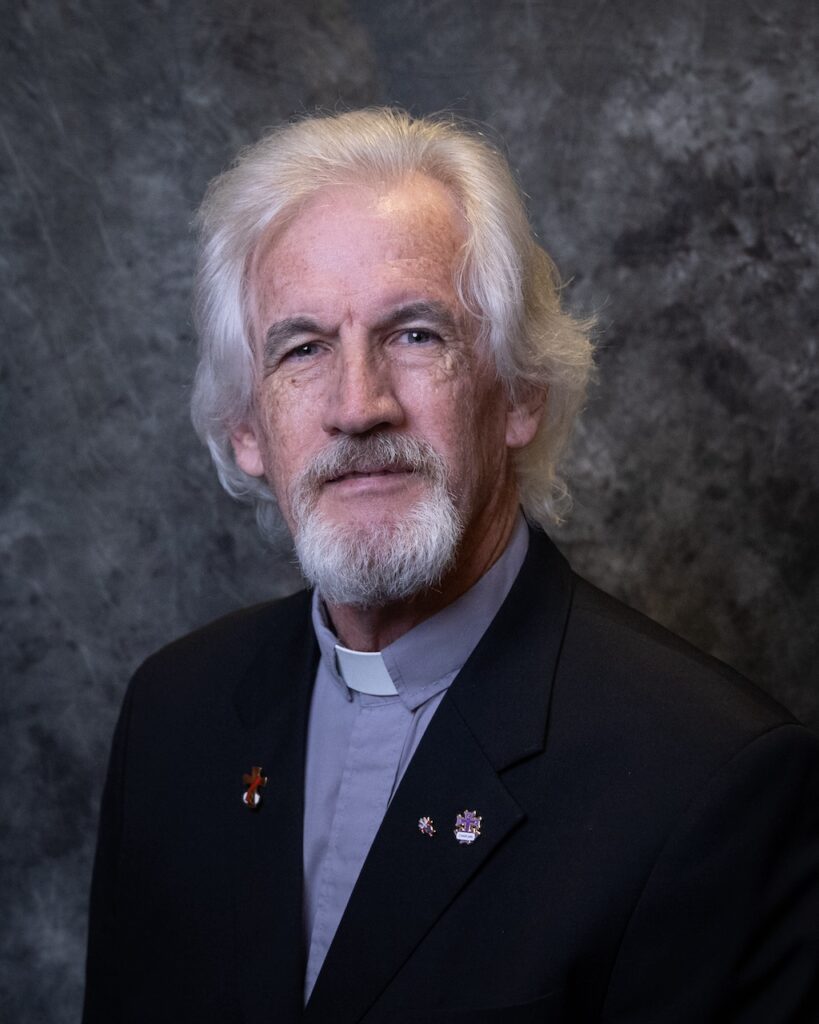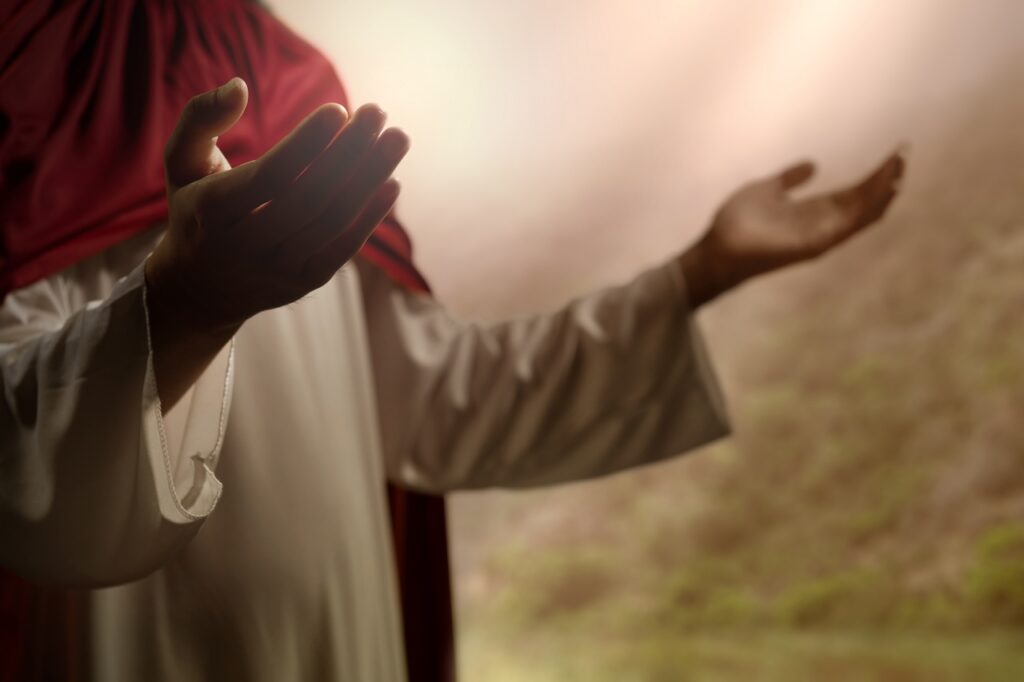Reflection on Mass readings for 2nd Sunday of Easter (Sunday of Divine Mercy)
Acts 4:32-35
Psalm 118:2-4, 13-15, 22-24
1 John 5:1-6
John 20:19-31
While we should always be cognizant of God’s mercy, we reflect on it in a special way on Divine Mercy Sunday. God’s mercy is a result of his love for creation. In his book “The Universal Christ,” Richard Rohr says: “God loves things by uniting with them.” God’s love is reflected in God’s union with the created world.
Throughout salvation history, the special union with humankind is demonstrated in the covenants with the Israelites, established through the patriarchs and the prophets. It is a reflection of God’s love and Psalm 118 assures us that God’s love is everlasting. God’s love and mercy were there at the beginning of creation and continue to be present today.
God’s love and mercy are brought to completeness in the person of Jesus Christ. Jesus said: “Do not think that I have come to abolish the law and the prophets. I have come not to abolish but to fulfill” (Mt 5:17). God’s love and union with humanity are shown in the incarnation of the Word of God, in the person of Jesus of Nazareth. The love of God was displayed throughout Jesus’ life. It was brought to its fullness in Jesus’ Passion, death and Resurrection.
Nowhere is God’s mercy evidenced more clearly or completely than the night of the Resurrection when Jesus appears to those gathered together in the upper room. They were certainly in need of God’s mercy and forgiveness. They were Jesus’ closest companions, yet they deserted Jesus – one denied him three times, and only one of them, John, showed up at the cross. Yet, here he was in the flesh, offering them peace, not condemnation.
Jesus’ first words were, “Peace be with you,” and he immediately showed them his hands and side, not giving them time to doubt. Remember how they first doubted when he walked on water through the storm. He repeats his greeting: “Peace be with you, as the Father has sent me, so I send you.” Why does he say “Peace be with you” twice?
In one of the episodes of the TV series “The Chosen,” Peter says to the Roman official, Gaius, “Shalom, shalom.” Gaius asks him why he repeats the peace greeting. Peter tells him the first shalom means peace; the second shalom mean perfect peace. Does Jesus’ double greeting of peace have different meanings? I would suggest the first “Peace be with you” is intended by Jesus to put them at ease, offering them mercy and forgiveness. The second time, Jesus promises new life in the Spirit of God.
I was reminded recently, in the Office of Readings, that we hear in Genesis 2:7, “the Lord God formed the man out of the dust of the ground and blew into his nostrils the breath of life.” Now, Jesus breathes on them and says “Receive the Holy Spirit” – a new life.
This same Spirit gives us new life. As God breathed life into the man at creation, Jesus breathed new life in the Spirit into the apostles.
How do we know that we have new life in the Spirit? John tells us in the second reading: when we keep the commandments, we know we love God. We know that we keep the commandments of God when we show God’s love to God’s people. God’s love is demonstrated through his mercy; we show the love of God by displaying the same mercy to others. Mercy and love are tied together. Love is demonstrated by God’s mercy and mercy is a reflection of God’s love.
 Deacon Christopher Colville serves at Church of the Redeemer, Mechanicsville.
Deacon Christopher Colville serves at Church of the Redeemer, Mechanicsville.

